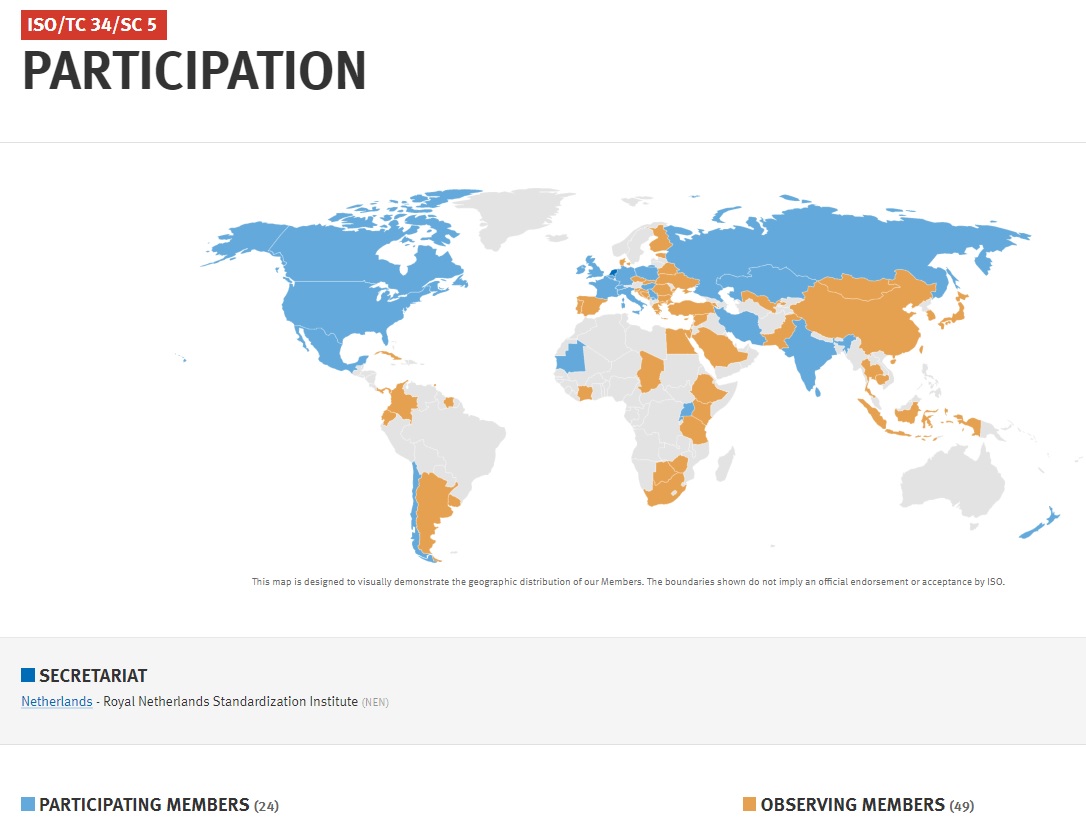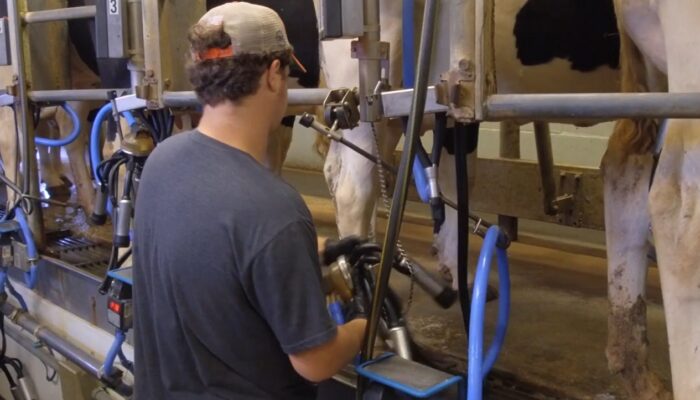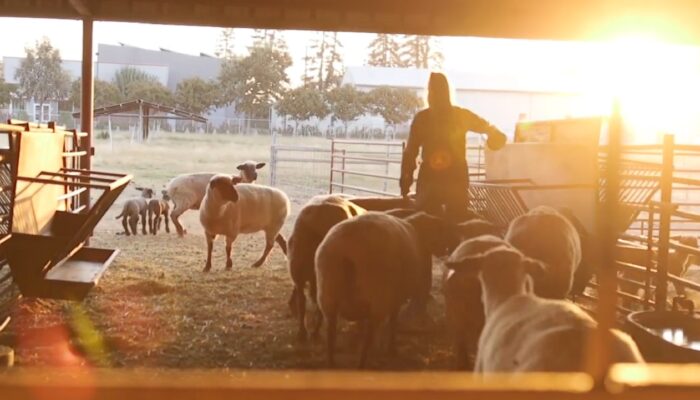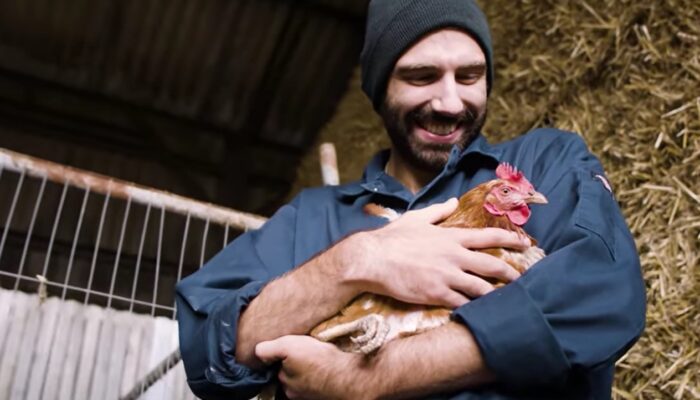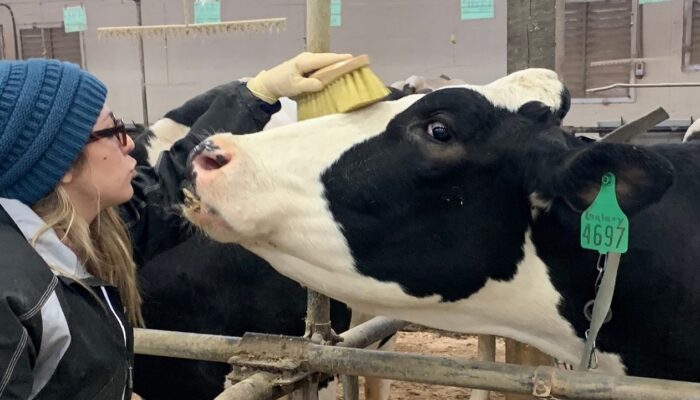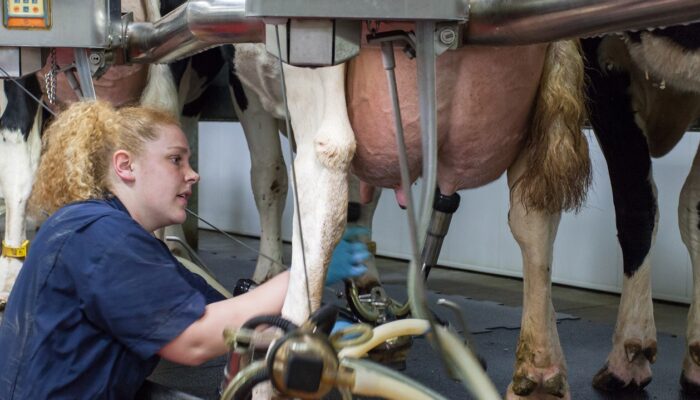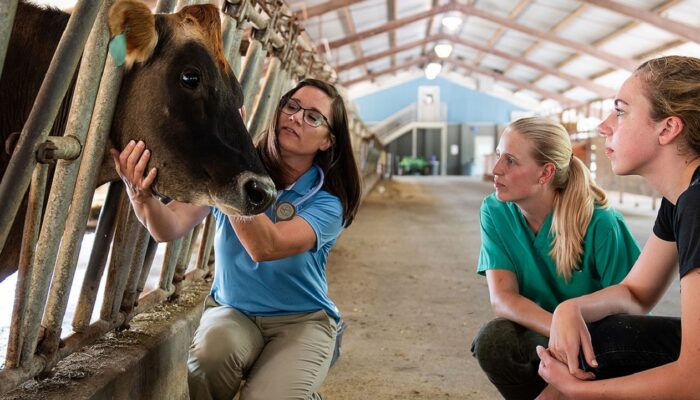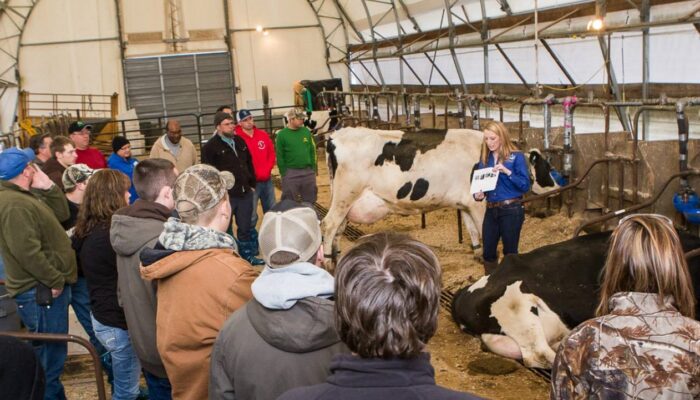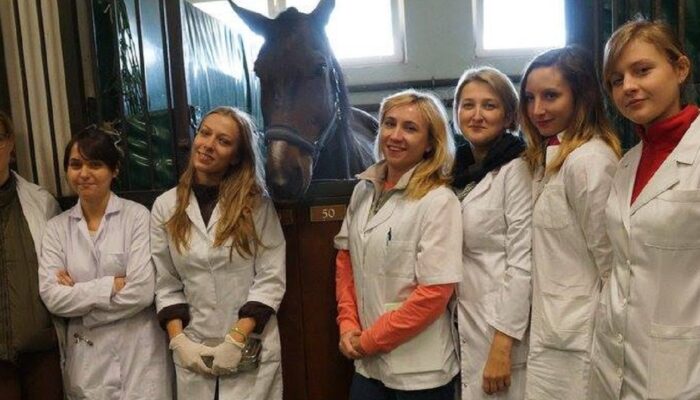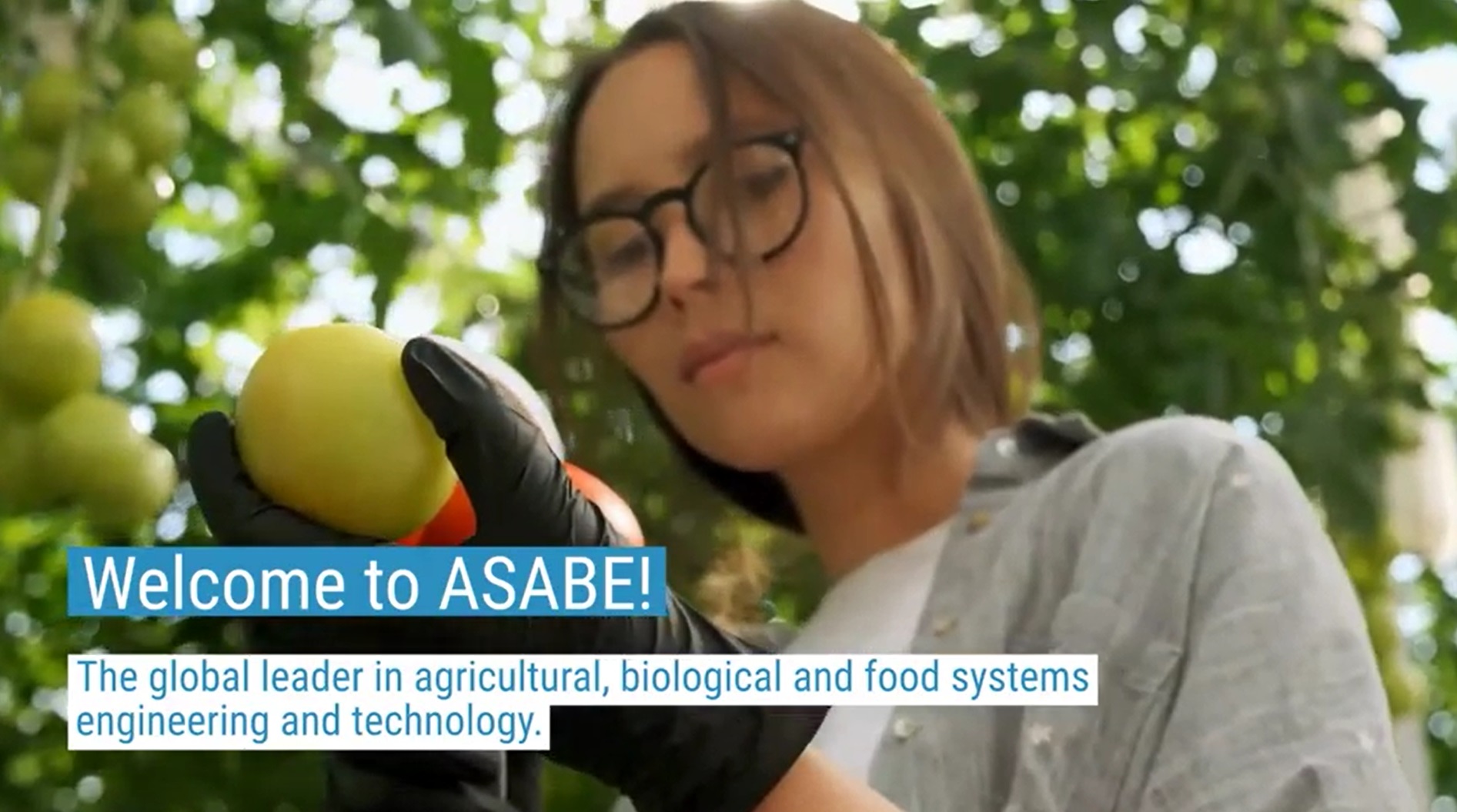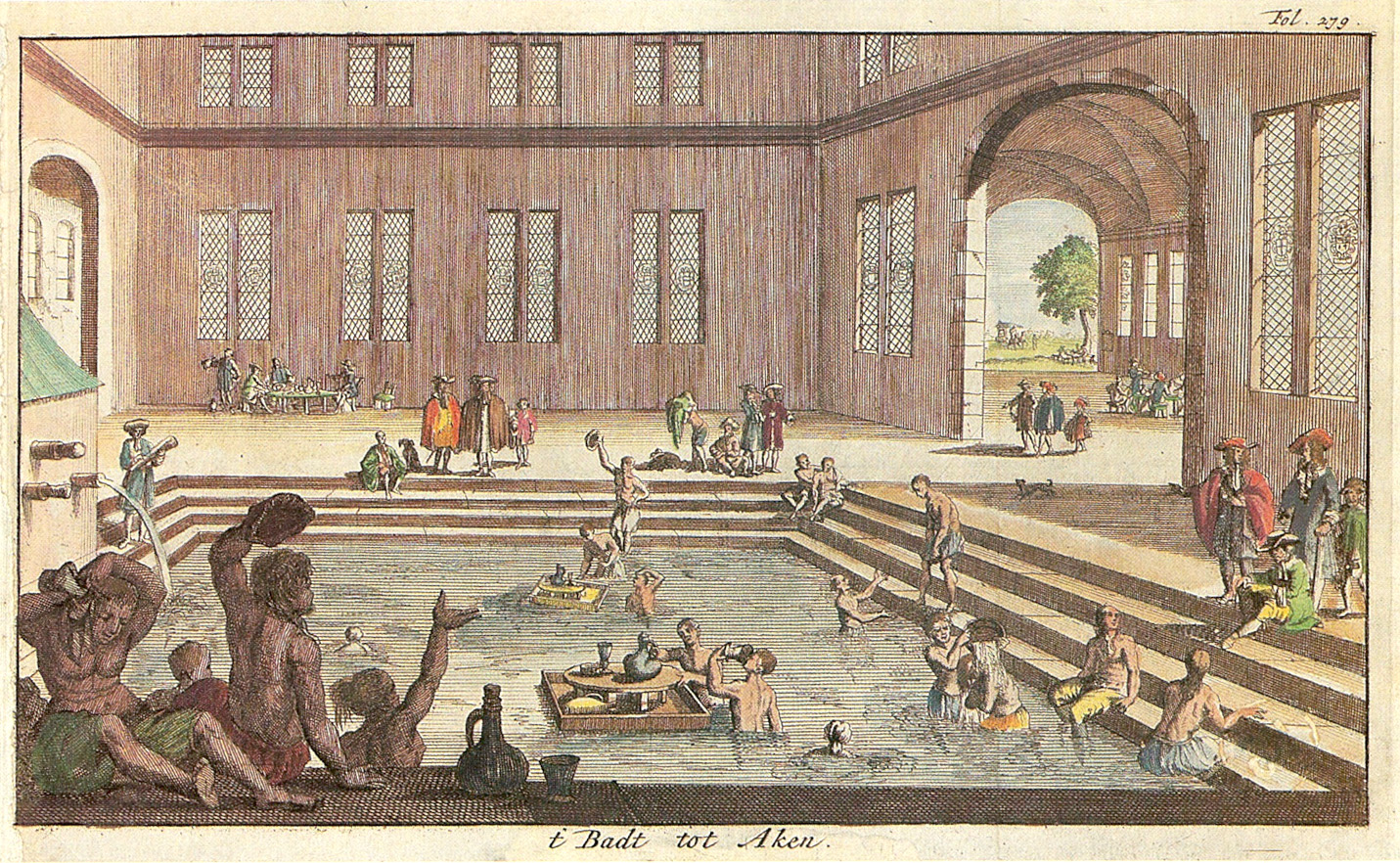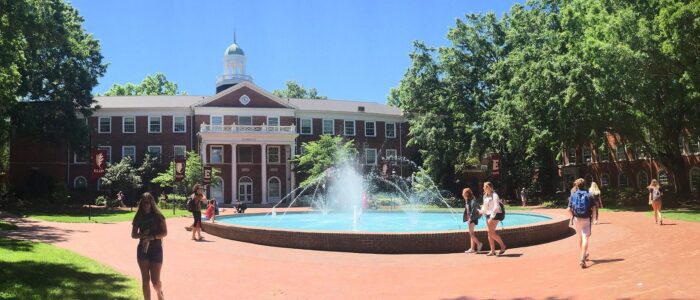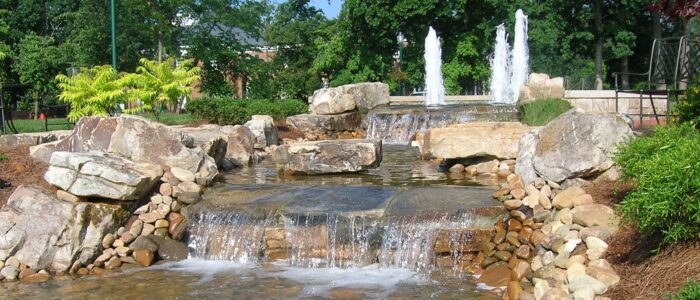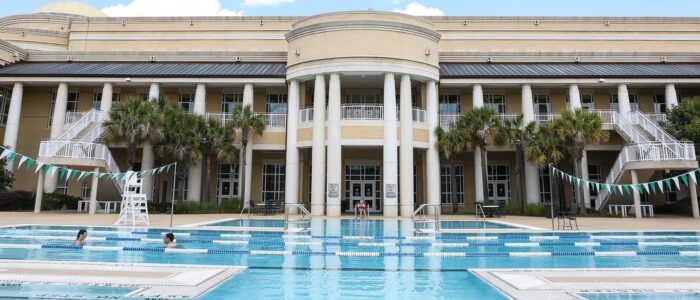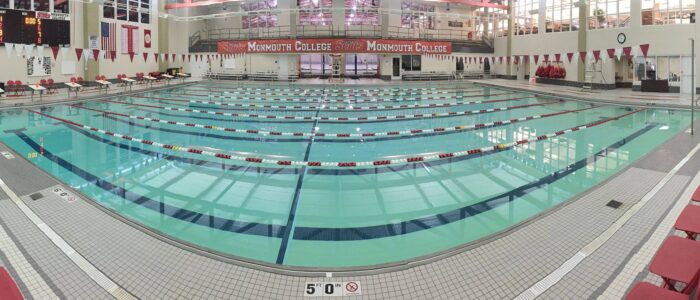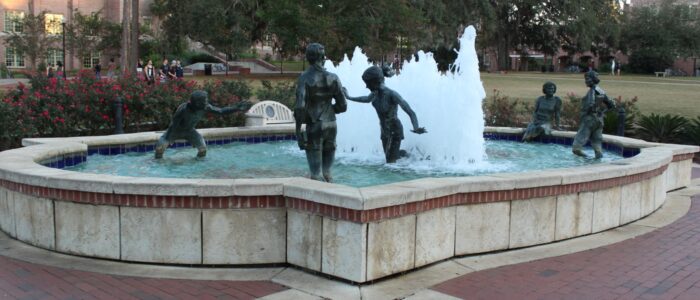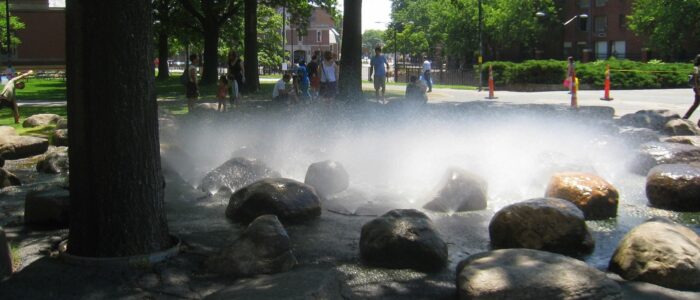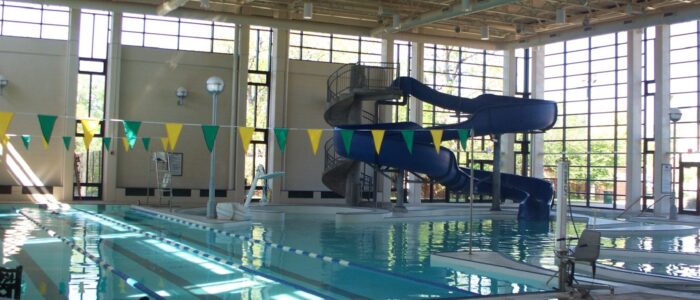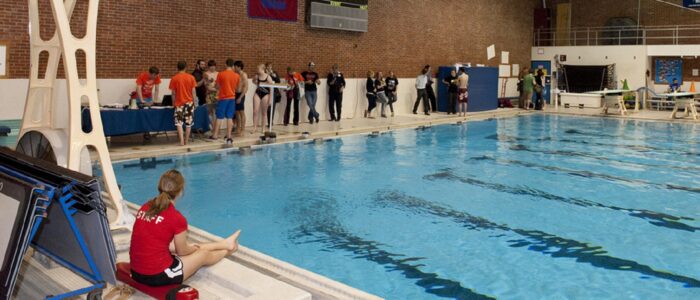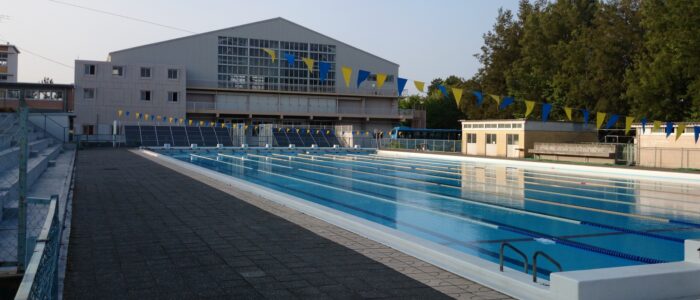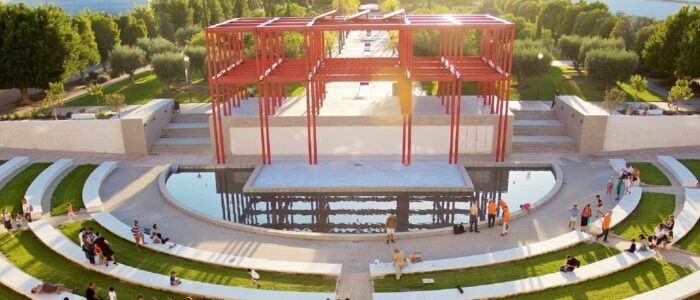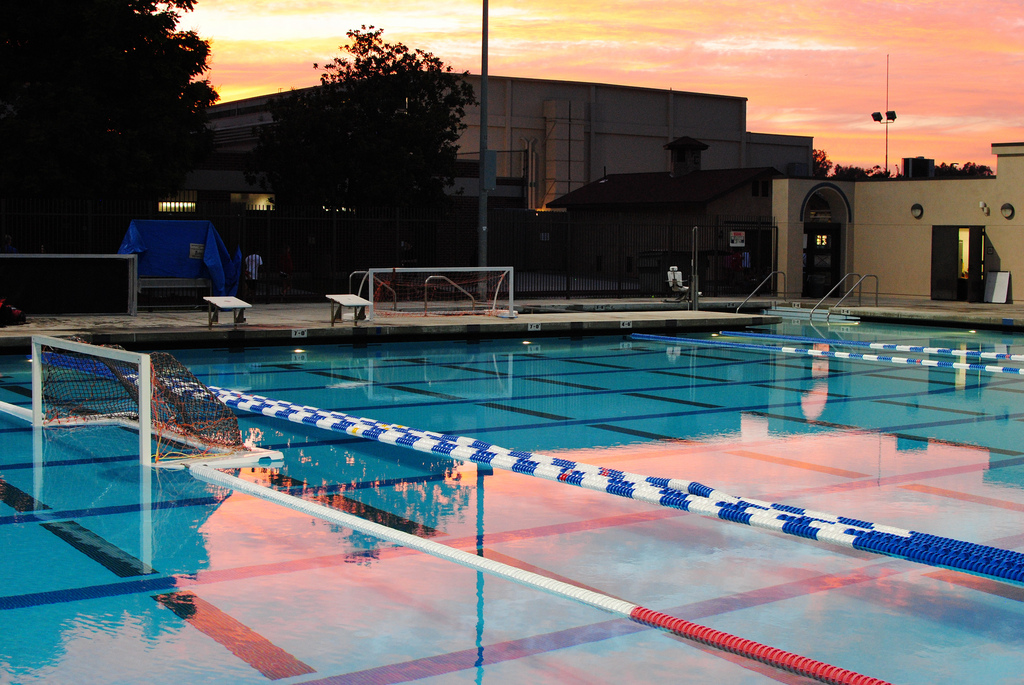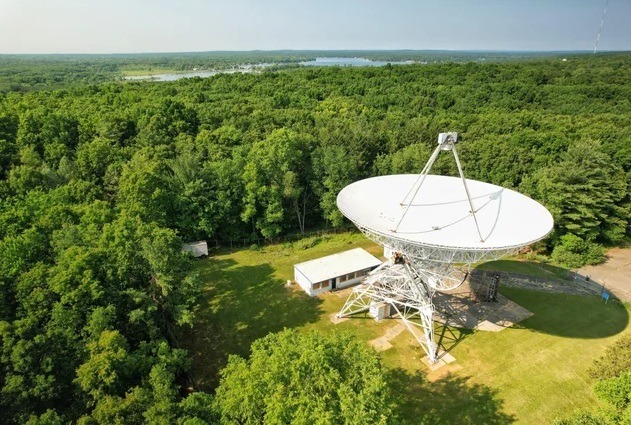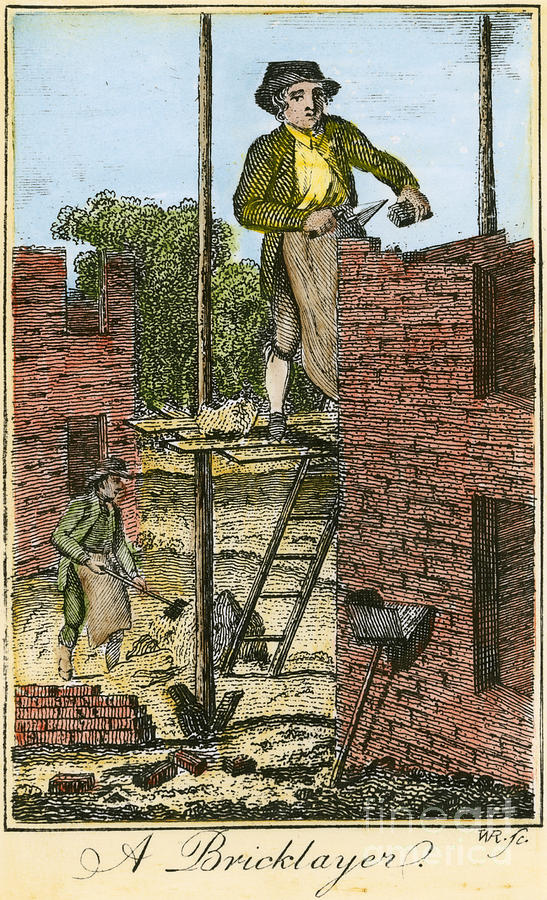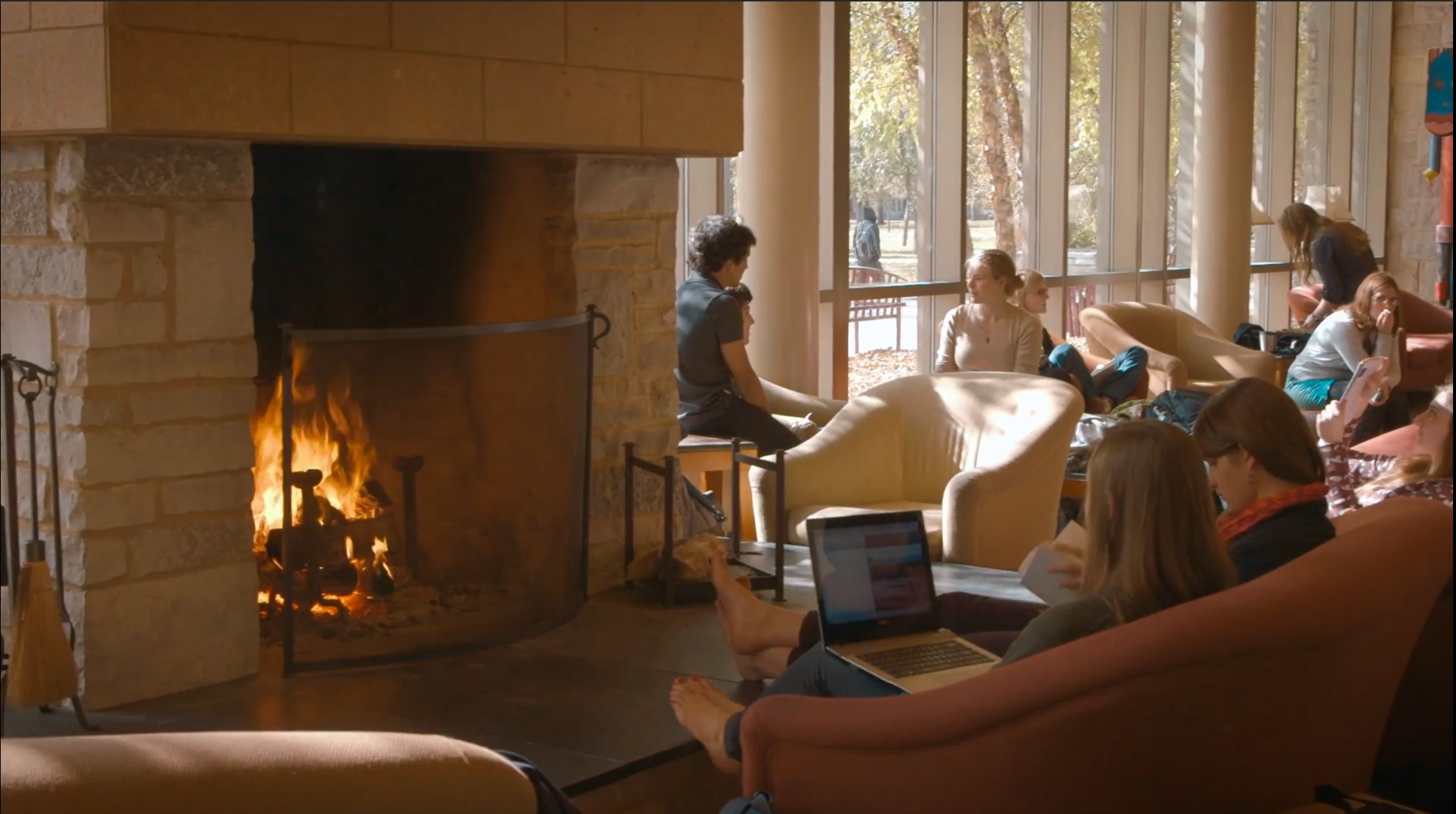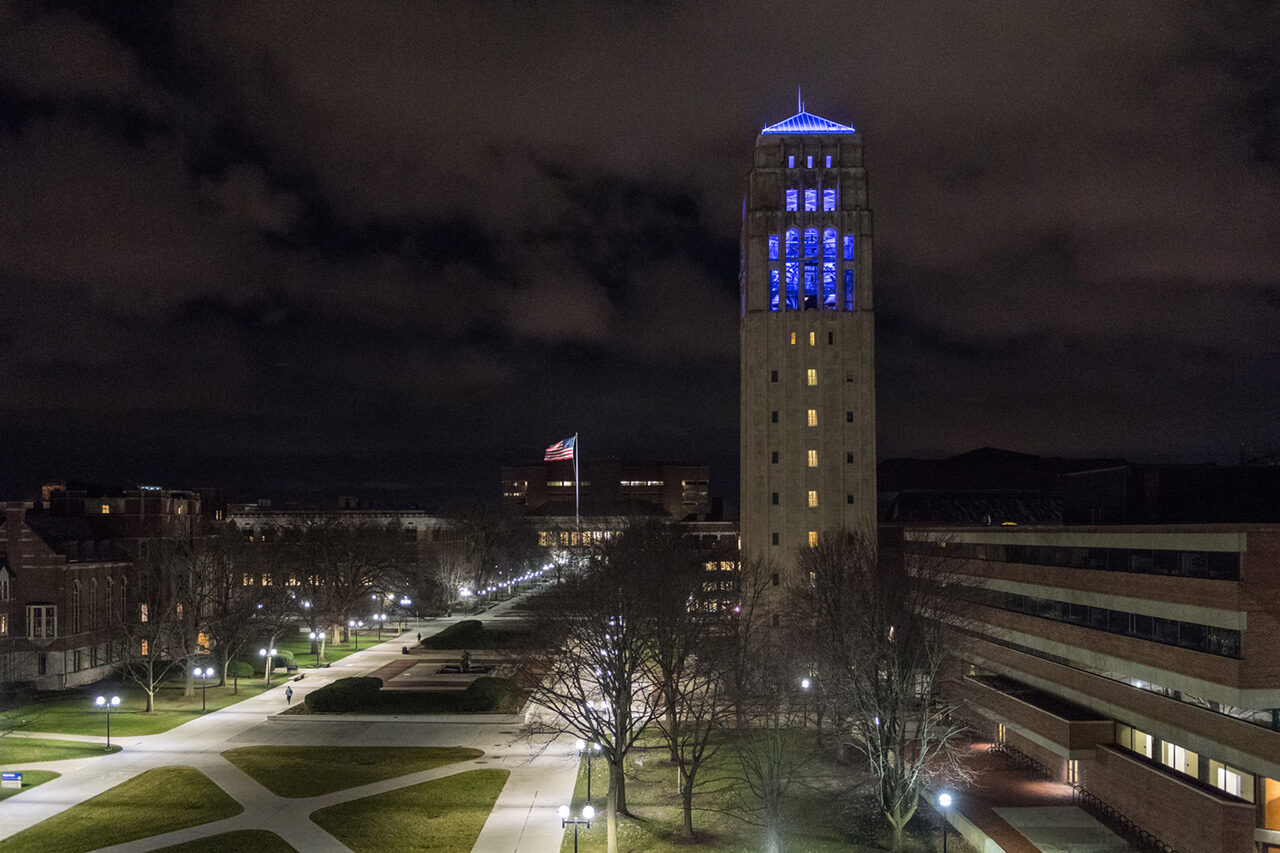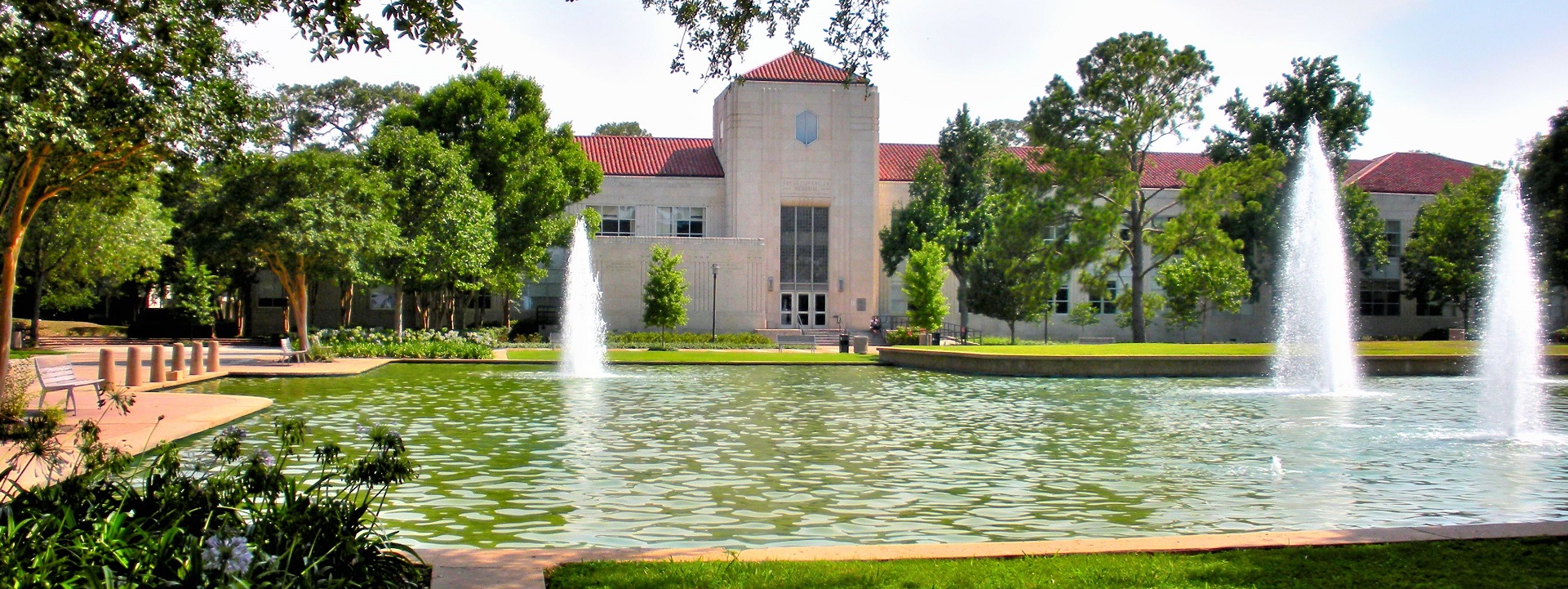University of Michigan Net Position 2024: $22.335 billion
Michigan Central | Michigan West | Michigan Upper Peninsula | Michigan East
Bert Askwith worked his way through college shuttling students to and from Detroit Metropolitan Airport until his graduation in 1931; when two semester tuition cost $300. With no student debt he founded and grew Campus Coach Lines that still provides the same services at many other US campuses. He donated part of his fortune to establish a cafe in the Undergraduate Library; which now serves an expanding and bewildering catalog of caffeine-based drinks found in educational settlements worldwide.
The caffeine spectrum pic.twitter.com/QYhq6Rppsc
— Massimo (@Rainmaker1973) August 3, 2024
When new foreign national students arrive at U.S. colleges and universities, they often enter environments where a left-leaning worldview is prominent and pervasive. Many campuses today emphasize themes of social justice, equity, and systemic critique that align with a preference for larger, more interventionist government. Faculty and administrative messaging can reinforce these ideas, portraying government as the primary instrument for addressing inequality, redistributing resources, and regulating social behavior.
For many international students, this can be both eye-opening and disorienting. They may come from countries with different political traditions, including skepticism of state power due to experiences with corruption or authoritarianism. Yet, in the university setting, they encounter curricula and campus cultures that valorize activist government solutions while often criticizing markets, traditional institutions, or individual responsibility. Programs in the humanities and social sciences in particular tend to frame policy questions through a progressive lens that sees expansive government action as not just beneficial but morally necessary.
This immersion—some might call it a “marination”—shapes perspectives over time. Students adopt the language of social justice, climate policy, and identity politics, often without exposure to robust counterarguments. While this experience can broaden horizons and foster empathy for marginalized groups, it also risks narrowing intellectual diversity and suppressing debate about the limits and costs of government power. For international students, it can mean graduating with a worldview significantly more aligned with the American academic left than with the diverse political traditions of their home countries.








